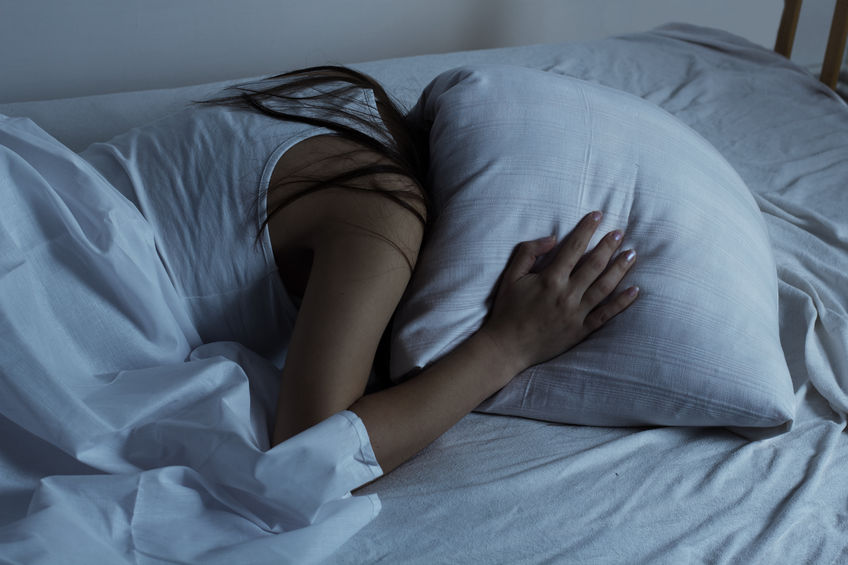Suffering from insomnia is no joke. Just one night of poor sleep is enough to bring on low energy, concentration problems, impaired memory and irritability. While if you are suffering from insomnia you should speak with a licensed physician as soon as possible, sleep tips shared by About Health may help ease some of your symptoms for better snooze:
1. Get into bed when you’re sleepy: Going to bed before your body is truly ready for sleep is a mistake that encourages insomnia. Wait until your eyelids feel heavy, you can barely hold your head up, can’t focus and feel completely relaxed to go to bed for a faster trip to dreamland. Also, stick to a consistent bedtime and wake up time everyday to make it easier to feel drowsy at the right time as your body loves having a routine.
2. Get out of bed if you aren’t sleeping: Lying in bed too long without sleeping trains your mind and body to be awake in bed. You may begin to think about stressful events from the day, worry about what’s to come and obsess about being awake when you should be sleeping. After 15-20 minutes of lying down without sleep, get up and go into another room for relaxing activities such as reading, praying, meditating, stretching or listening to music. Just remember to get the lights off, or as dim as possible.
3. Avoid naps and caffeine: While many people with insomnia simply can’t feel sleepy enough to take an afternoon nap, some can. However, sleep experts recommends that naps be avoided to boost drowsiness at bedtime. Insomniacs should also be aware of their caffeine intake as the stimulant can remain the body much longer than you’d like. If you are sensitive to itself effects, cut out caffeine altogether, including chocolate, energy drinks and over-the counter medications containing it.
4. You may have sleep apnea: It is possible for sleep apnea to be the culprit behind your frequently nighttime awakenings and struggles to fall back asleep when they occur. The sleep disorder causes pauses in breathing, which can lead to plenty of tossing and turning. Treating sleep apnea has been proven to boost sleep quality and help end insomnia.
5. Seek help from a specialist: Sleeping pills aren’t intended to be used over a long period of time as you could not only become dependent, but they increase your risk of forms of dementia and an earlier death. A sleep specialist can help you naturally improve your sleep quality and duration by assisting you with improving your daily routine, sleeping environment, and diet with a quick program of cognitive behavioral therapy. The treatment has shown to have long lasting results and had been picked up by the U.S. military to help service men and women with sleep problems.
You may feel as though you can handle the short-term consequences of poor sleep with the help of caffeine, but the long-term risks are unforgiving and can alter the plans you have for your future. Sleep more this year because you deserve to live a long and healthy life, filled with happiness and success!


No comments yet.